Items That Work as a Disinfectant
Have you ever looked through your cleaning supplies and wondered what else would work as a disinfectant? During the pandemic, we all found out that this is one of the items you need that will disappear off the shelves really fast! Check out this list of disinfectant products that can be used around your home so you can be sure you have needed protection at all times.
I’ve found that the easiest way to get the job done is to use a disinfectant spray. It helps to keep the product from spilling, getting directly on your skin, and stores easily. It can be spread, if needed, by using paper towels, rags, or a cleaning cloth.
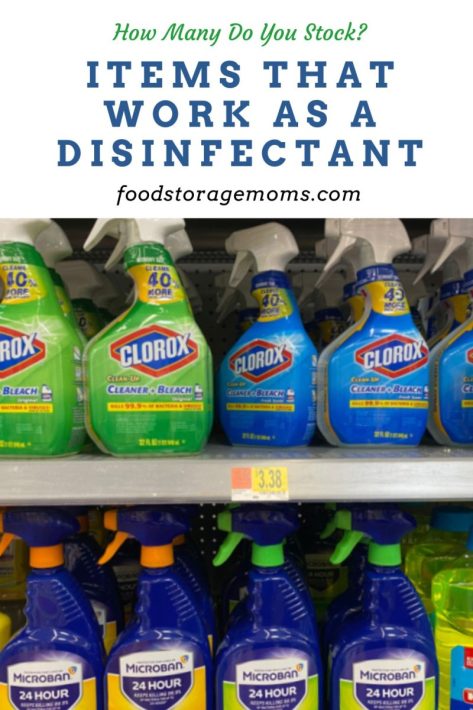
Items That Work as a Disinfectant
Most of these items you may recognize! Whether it’s bleach or vinegar, you should be able to find some things around your home that offer the same disinfectant action as those you’re used to using!
Bleach
A well-known disinfectant, bleach is effective at killing a wide range of pathogens, including bacterial spores, virus strains of all kinds, mold, and fungi. When diluted with water, it can be used to clean surfaces and sanitize objects. However, it’s essential to follow the recommended dilution ratios and precautions, as bleach can be corrosive and harmful if not used correctly.
Although there are a number of bleach types, the most common are chlorine bleach products since they not only can help clean many white fabrics in your laundry but can also sanitize. You need to be careful how you use chlorine bleach products with colored fabrics since damage can occur.
Hydrogen Peroxide
A versatile disinfectant, hydrogen peroxide can be used to clean surfaces and objects. It is effective against a variety of microorganisms, including bacteria, viruses, and fungi. When used at concentrations of 3% or higher, it can help disinfect surfaces and sanitize objects.
Quaternary Ammonium Compounds (Quats)
Commonly found in commercial disinfectants and sanitizers, quats are effective against a wide range of pathogens, including bacteria, viruses, and fungi. They are often used in healthcare settings and can be found in products like Lysol and Clorox wipes.
Vinegar
A natural disinfectant, vinegar (specifically white vinegar) can be used to clean surfaces and objects. It is effective against some bacteria and viruses, but not as effective as commercial disinfectants. When mixed with water, it can be used for general cleaning purposes.
- How To Benefit From Using Apple Cider Vinegar
- 35 Reasons Why You Should Store Vinegar
- 45 Uses for Dawn Dish Soap
Tea Tree Oil
Derived from the leaves of the tea tree, tea tree oil has antimicrobial properties and can be used as a natural disinfectant. It is effective against some bacteria, viruses, and fungi. However, it is not as potent as commercial disinfectants and should not be relied upon for complete disinfection.
Thymol
Found in some essential oils like thyme oil, thymol has antimicrobial properties and can be used as a natural disinfectant. It is effective against a variety of pathogens, including bacteria, viruses, and fungi. Thymol-based disinfectants, like Seventh Generation, can be found in stores.
- 21 Essential Oils Everyone Should Stock Up On
- 9 Essential Oils You Will Want To Use Every Day
- Essential Oils-My Favorite Ones
Lesser Known Products That Disinfect
Here is a list of lesser-known or unexpected disinfectants that can be found in everyday items or natural sources:
Vodka
High-proof alcohol, such as vodka with an alcohol content of at least 60%, can be used as a disinfectant for surfaces and objects. However, it is less effective than commercial disinfectants and not recommended for medical settings.
Grapefruit Seed Extract
Known for its antimicrobial properties, grapefruit seed extract can be used as a natural disinfectant. It is effective against some bacteria and fungi, but not as potent as commercial disinfectants.
Lemon Juice
The citric acid in lemon juice has mild disinfecting properties, making it useful for cleaning surfaces and objects. However, it is not as effective as commercial disinfectants and should not be relied upon for complete disinfection.
Sunlight
Ultraviolet (UV) rays from the sun have disinfecting properties and can help kill bacteria and viruses on surfaces exposed to direct sunlight. However, this method is not reliable for thorough disinfection and should not replace the use of proper disinfectants.
- Why Vitamin D May Be Just What You Need
- Symptoms of a Vitamin D Deficiency
- Vitamin D Deficiency is Common: Start Stocking It
Copper Surfaces
Copper and its alloys, such as brass and bronze, have natural antimicrobial properties. They can kill bacteria and viruses upon contact, making them a self-disinfecting material. However, copper surfaces should not replace the use of proper disinfectants for cleaning and sanitation purposes. Check with the manufacturer on how to properly clean and disinfect them safely.
Baking Soda
While not a potent disinfectant, baking soda has mild antimicrobial properties and can help remove dirt and grime when used as a cleaning agent. It should not be relied upon for complete disinfection.
What else works as a disinfectant?
- A clean cloth dipped into a disinfected container solution
- Isopropyl alcohol and rubbing alcohol
- Most types of bleach solution
- Disinfectant wipes
- Warm water and soap
- Disinfectant sprays
- Some household cleaners
- Disinfectant solutions and other cleaning products
- Hot water and soap
- Hand washing
What surfaces need to be disinfected?
- Stainless steel
- High-touch areas and high-touch surfaces like door knobs, shared faucets, desktop and laptop keyboard surfaces (be sure not to get liquid below the keyboard that could cause damage), toilets, light switches, TV and other remotes,
- Clipper blades
- Electric clippers
- Hard surfaces
- Non-porous surfaces
- Pedicure tub
- Anything food touches
- Bathrooms and kitchens
FAQs
Can I mix different disinfectants to make them more effective?
No, mixing different disinfectants can be dangerous and cause harmful chemical reactions when you’re trying to amplify disease control. Always follow the manufacturer’s instructions on the product label for each product. If the label doesn’t address the issue, do mix different products until you contact the manufacturer(s).
Are disinfectants safe to use around children and pets?
When used correctly, most commercial disinfectants are safe. However, ensure proper ventilation during use and keep disinfectants out of reach of children and pets. Always follow the manufacturer’s instructions regarding safety precautions. It’s always a good idea to wear gloves made of rubber or latex when using any cleaning and disinfecting agents, particularly if you have sensitive skin or allergies.
Many products are designed to kill germs of a certain type and may adversely affect many pets.
Can I use disinfectants on my hands as a substitute for hand sanitizer?
No, disinfectants are not designed for use on the skin and can cause irritation or harm. Always use a proper hand sanitizer containing at least 60% alcohol or wash your hands with soap and water for at least 20 seconds. It is always a good idea to rinse surfaces that have been disinfected if prone to human touch soon after treatment.
Why should I disinfect?
- Prevention of the spread of infectious diseases
- Reduce the risk of illness from bacteria, viruses, mold, and fungi
- Maintain a clean and hygienic living environment
- Protect vulnerable individuals, such as older people and those with compromised immune systems
- Minimize cross-contamination between surfaces and objects
- Prolong the lifespan of surfaces and appliances by removing dirt and grime
- Enhance the overall cleanliness and appearance of your home or workspace
- Contribute to public health efforts during pandemics and outbreaks
Final Word
Now that you know what items work as a disinfectant and what items don’t, this process should be a lot easier for you! Whether you’re preventing more diseases from being spread or you’re just trying to live a more hygienic life, disinfecting your living space is an important part of life! Do you use disinfectant? May God Bless this world, Linda

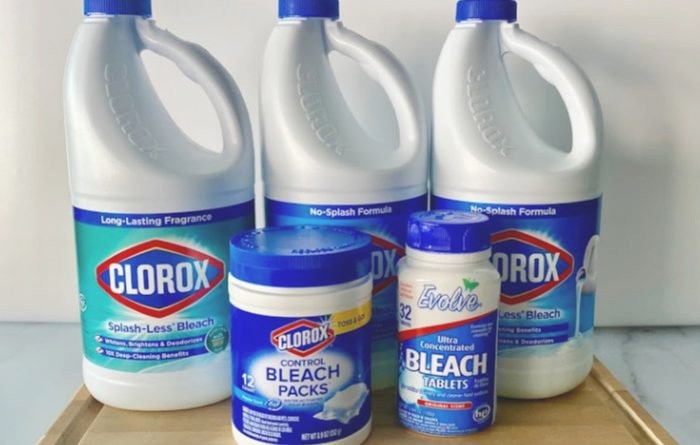

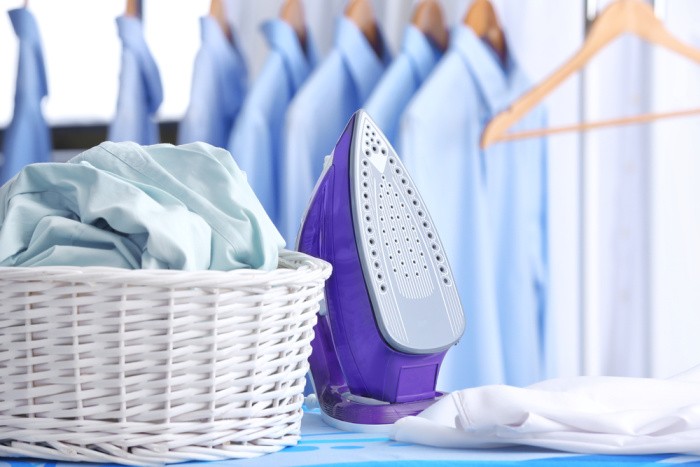
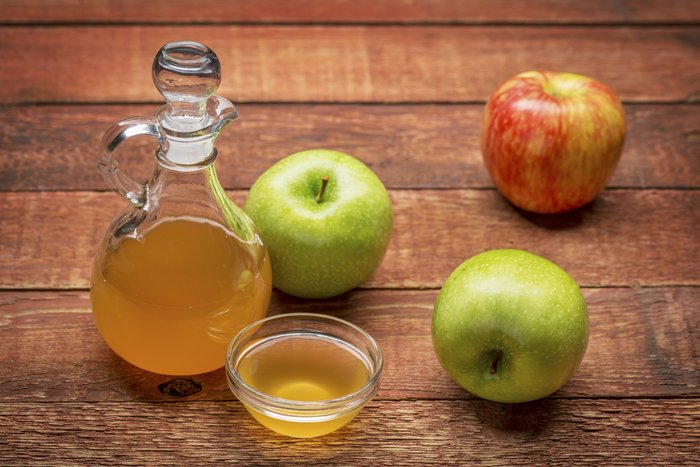
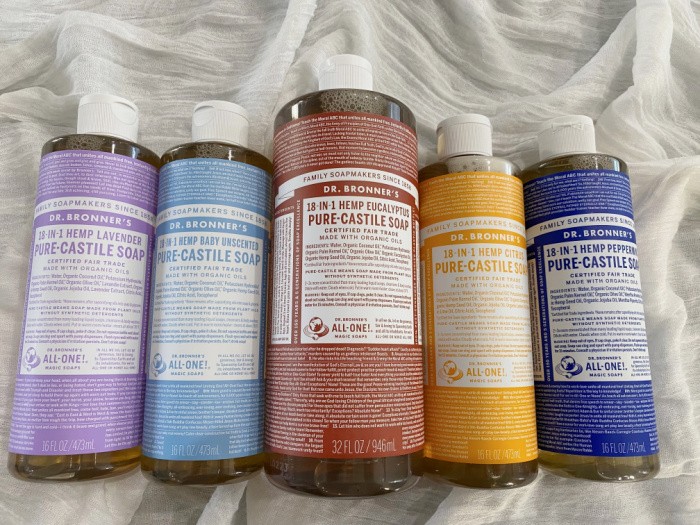
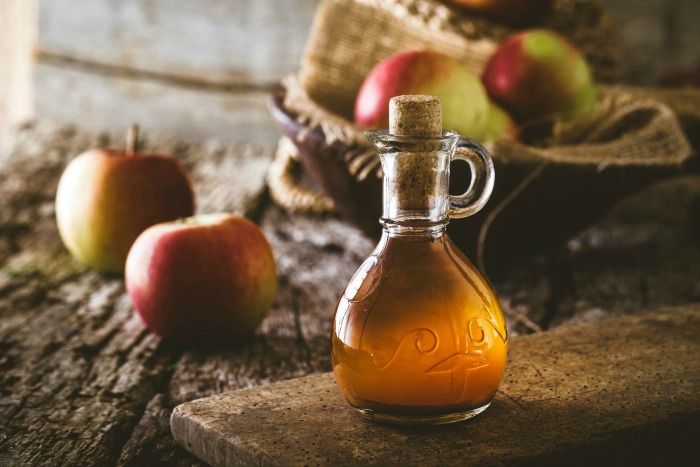
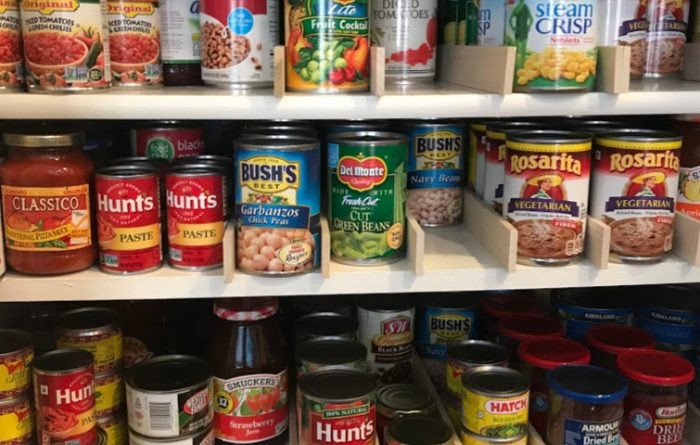
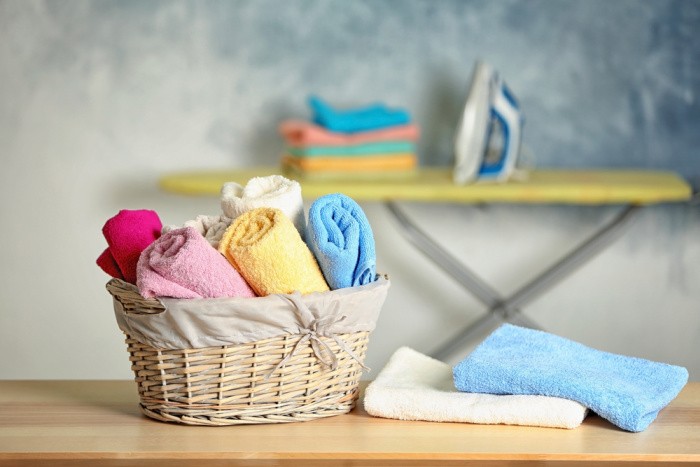













Linda,
Jane and I keep regular, unscented, un-dyed bleach on hand. It’s the only kind we use because it can also be used to disinfect drinking water should the need arise.
And one of the benefits of hanging clothes on a line to dry is the sunlight will kill most of the remaining germs on them. They’ll also smell better when you bring them inside.
HI Ray, I’m glad you mentioned this because I learned a few years ago that the “splash less” bleach is not good at disinfecting stuff! I always say, I learn something new every single day. I’m goin to have a clothesline installed in my backyard when the house is complete. Love it! Linda
I don’t typically buy commercial cleaners like mentioned here. I like the medical grade, Citrace, that we used in the doctor’s office I worked at. Naturally, it flew off the sites I buy it from but now that it’s back, I’ve stocked up. It’s just a spray but it sure seems to help and it smells purdy, too!
Hi Robbie, looks like you made it home! It was so fun to meet you and your hubby and go to dinner the other night!! Oh, I need to order some of that, thanks for the heads up! Linda
in regard to bleach – the only way to stockpile it is to use the dry chemical concentrate – the liquid diluted retail brands only last 9 months before crashing >>> pool shock (calcium hypochlorite) is what is most common – you should stock the high 70% plus concentrate without any of the pool algae killers – this is what is needed for treating questionable drinking water ( NOTE: calcium hypochlorite makes a 100% concentrate which needs to be mixed to a 2% cleaning disinfectant and much less for drinking water)
if another pandemic hits – you’re combing thru the ravaged retail stores – look for the pool supplies and gardening supplies that might be “out of season” backroom stocked – besides finding any pool shock look for a pump up garden weed sprayer – it’s what the med professionals use for bulk spraying contaminated areas & items like vehicles …..
Hi Illini, you are so right, liquid bleach starts to degrade after 6 months. Stocking dry may stretch the shelf life. Linda